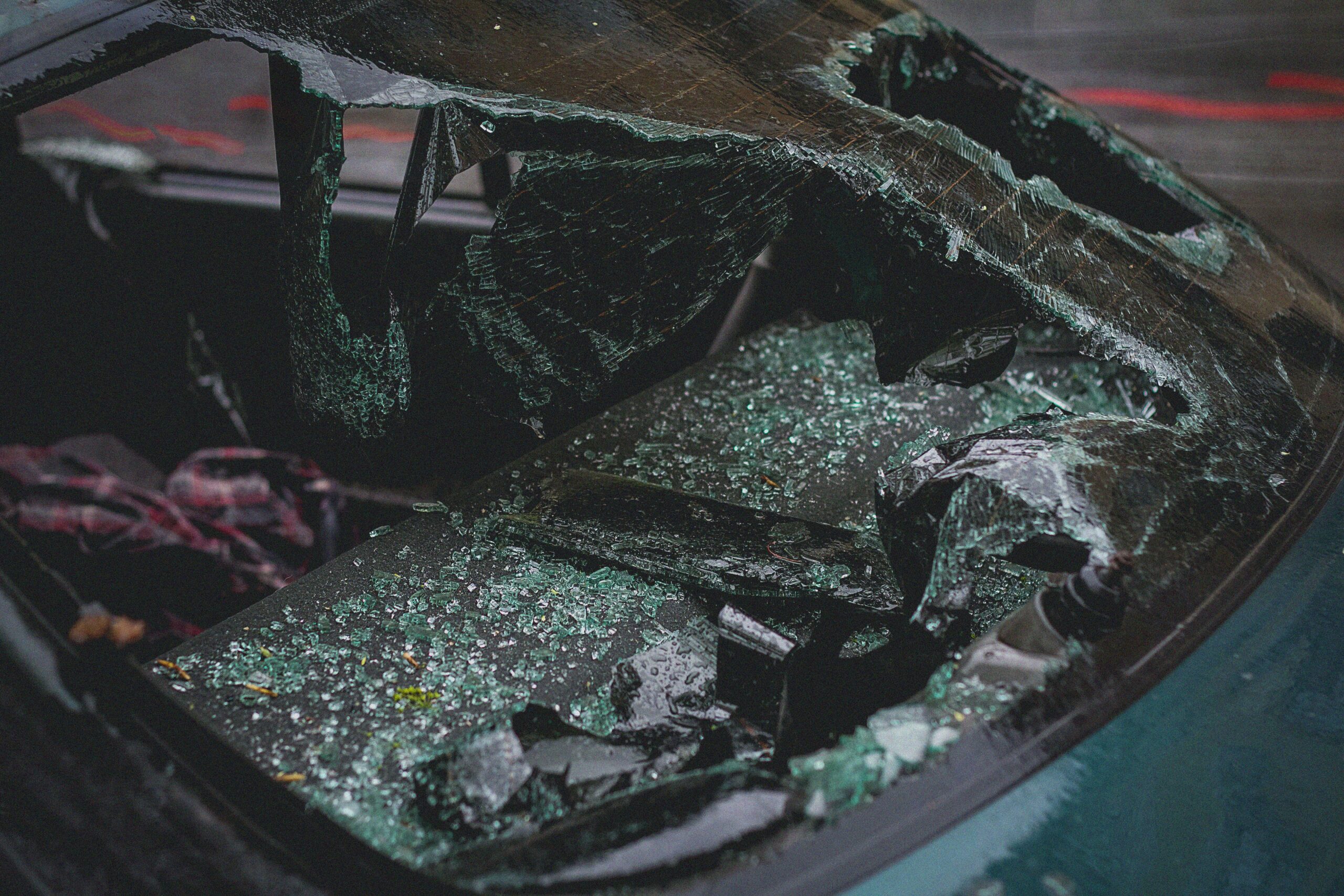
Car accidents can be traumatic experiences that leave individuals overwhelmed and uncertain about what to do next. It’s essential to stay calm and collected in such situations to ensure everyone’s well-being and gather crucial information. Remember, safety should always be the top priority in any car accident situation. Fortunately, you can easily find helpful tips on navigating the aftermath of a car accident. From assessing injuries to handling insurance claims, the right steps will guide you through the process and help protect your rights.
Assess the Situation and Seek Medical Attention
After a car accident, the first step is to assess the situation. Check yourself and your passengers for injuries, and if anyone is hurt, call emergency services immediately. Even if the injuries seem minor, it’s crucial to seek medical attention promptly. Some injuries might not manifest immediately, and a medical professional can provide proper evaluation and documentation, which may be necessary for insurance claims later. Moreover, delaying medical attention might worsen injuries and complicate the claims process.
Move to a Safe Location
If the accident is minor and vehicles can still be moved, it’s best to move them to the side of the road or a safe location to prevent further accidents and traffic congestion. Turn on hazard lights to alert other drivers. Even if the vehicles cannot be moved, it’s still vital to move yourself and your passengers away from traffic until help arrives. Remember to follow all local laws and regulations when moving vehicles to avoid any potential issues. Always be cautious when exiting the vehicle and be mindful of passing traffic while waiting for assistance.
Contact the Police and Document the Accident
Regardless of the accident’s severity, it’s crucial to contact the police and have them document the incident. When the police arrive, provide them with accurate and detailed information about what happened. Avoid speculating the cause or admitting fault for the accident. Instead, let the police conduct their investigation and gather evidence. If possible, take photos of the accident scene, vehicle damages, and any visible injuries. These photos can serve as valuable evidence when dealing with insurance claims or legal matters.
Exchange Information with the Other Driver
Exchange important information with the other driver involved in the accident, including names, contact details, insurance information, vehicle registration numbers, and driver’s license information. Be polite and cooperative, but refrain from discussing fault or making statements that might be used against you later. Limit the conversation to essential details and avoid getting into arguments.
Gather Witness Information
If there were any witnesses to the accident, obtain their names and contact information. Witnesses can play a crucial role in supporting your version of events if there are disputes or discrepancies in the accounts of the involved parties. Their testimonies can help establish liability and strengthen your case when dealing with insurance companies or legal proceedings. Be sure to gather statements from witnesses as soon as possible while the details are fresh in their minds, and if necessary, ask if they would be willing to provide written or recorded accounts of what they saw. Having multiple reliable witnesses can significantly bolster your credibility and enhance the chances of a successful insurance claim or legal resolution.
Report the Accident to Your Insurance Company
Let your insurance company know about the accident as soon as possible. Be sure to provide accurate and comprehensive information about the situation. Stick to the facts and avoid speculating about the cause or details of the accident. Many insurance companies have strict deadlines for reporting accidents, so it’s essential to act promptly. Remember, an insurance adjuster might contact you for a statement or to gather additional information. Be cautious while providing information and consider seeking legal advice if needed.
Seek Legal Guidance
If you experienced significant injuries or property damage, it may be beneficial to consult a personal injury attorney. An attorney can provide legal guidance, ensure your rights are protected, and represent your interests when dealing with insurance companies or the other driver’s legal team. If you were involved in a single vehicle accident, an attorney can determine if you have any potential legal claims. They can also assist you in understanding the complexities of the claims process, determining the value of your claim, and negotiating a fair settlement. Seeking professional legal advice is especially important if you’re unsure about your rights or if the insurance company is attempting to deny your claim or offer an insufficient settlement.
Conclusion
Navigating the aftermath of a car accident can be overwhelming, but following these helpful tips can make the process smoother and more manageable. Prioritize safety and seek medical attention for any injuries immediately. Document the accident scene and exchange information with the other driver while refraining from admitting fault. Gather witness information and promptly report the accident to your insurance company. If necessary, contact a personal injury attorney to protect your rights and ensure you receive fair compensation for your losses. Remember, being well-prepared and informed can make a significant difference in handling the aftermath of a car accident effectively.


